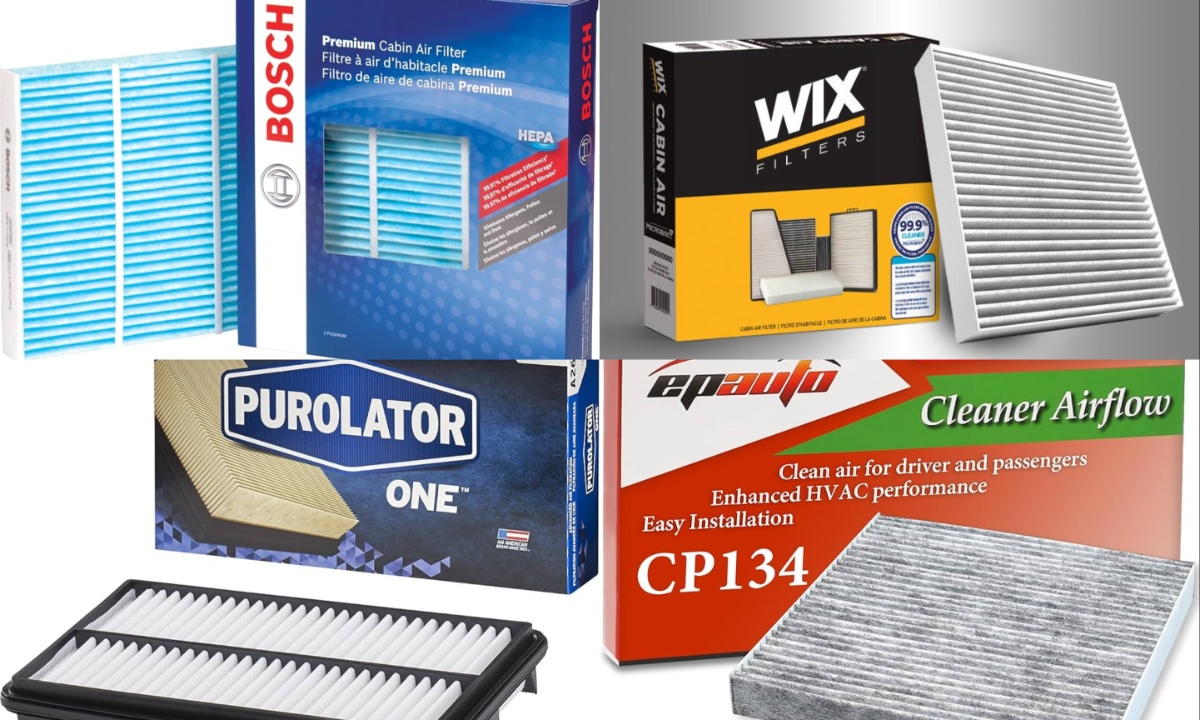Engine air filters are essential components of every internal combustion engine. They allow clean air into the engine while blocking harmful particles such as dust, dirt, and debris. Over time, these filters accumulate grime and require replacement.
A clogged filter can negatively impact your engine’s air-fuel mixture, leading to reduced performance and efficiency. Changing your air filter regularly ensures optimal engine health and performance.
Though often overlooked, this small maintenance task can make a big difference in your car’s longevity and fuel economy. In short, engine air filters are simple but crucial parts of vehicle upkeep.
Engine air filters are relatively low-maintenance and inexpensive. Experts generally recommend changing them every 12,000 to 20,000 miles, or about once per year, depending on driving conditions and manufacturer guidelines.
This frequency falls between oil changes and spark plug replacements. Most filters cost under $30, making them budget-friendly components.
Better yet, they’re often easy to install with guidance from online tutorials, which can help car owners save on labor costs at auto shops or dealerships. With just a basic toolset and a few minutes of effort, anyone can replace their engine air filter without professional assistance.
When choosing an engine air filter, there are trade-offs between filtration efficiency and airflow. Filters that trap more particles typically restrict airflow slightly, potentially reducing performance.
On the flip side, high-performance filters allow more air into the engine for better output but may filter out fewer contaminants. Most filters strike a balance between these extremes, offering decent performance and protection.
Depending on whether you’re more concerned with filtration, airflow, or cost, there’s a filter for you. Understanding these trade-offs is important in choosing the right filter for your car and driving needs.
1. WIX: Balanced Performance and Broad Utility
WIX is a reputable brand known for producing high-quality air, oil, and cabin filters suitable for a wide range of vehicles, including heavy-duty trucks and off-road machines.
While not tailored for performance applications, WIX offers dependable paper air filters that strike a practical balance between affordability and functionality. The brand’s filters are effective at trapping dust and pollutants, making them ideal for everyday use.
Though not as performance-focused as AEM or K&N, WIX filters deliver reliable results for the average driver. Their broad compatibility and consistent quality make them a dependable, if not specialized, choice for filter replacement.
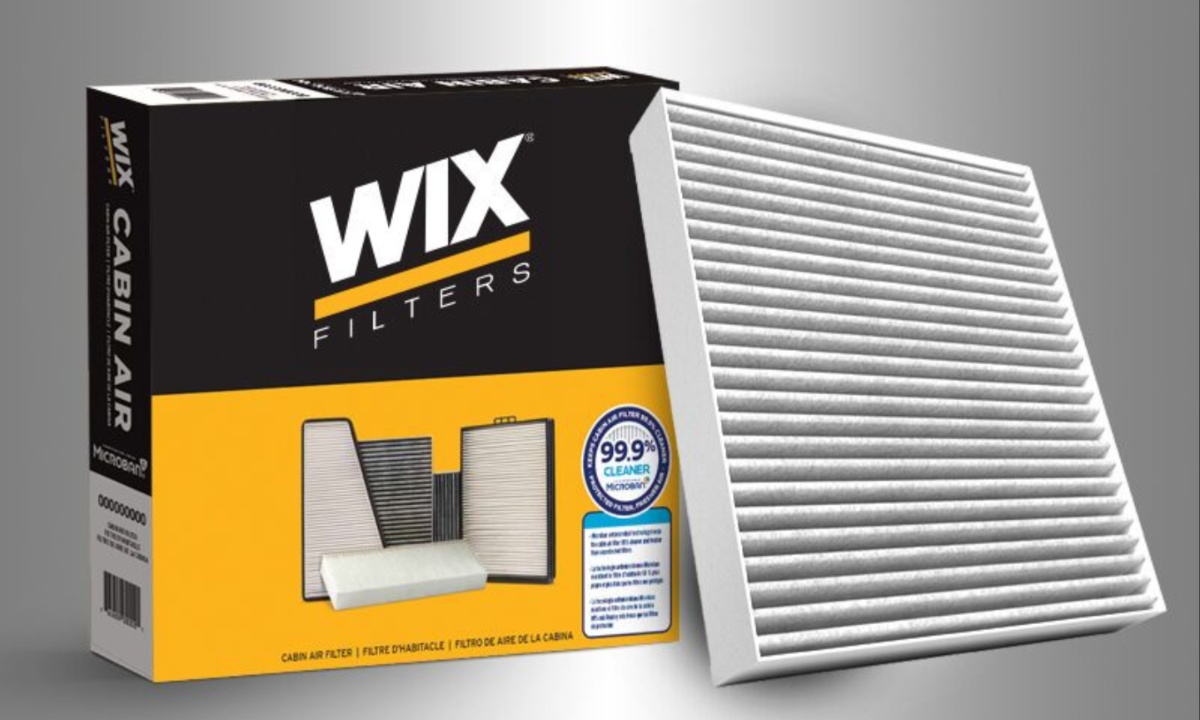
2. Bosch: Affordable and Widely Available
Bosch offers a single line of engine air filters under the “Workshop” brand, which supports a wide variety of car makes and models, including domestic and international vehicles.
Though Bosch filters may not be available for every vehicle, they are impressively budget-friendly, often priced around $10. This affordability makes them a great option for car owners on a tight budget.
Despite their low cost, Bosch filters provide decent performance and are easy to find on popular platforms like Amazon, eBay, and Walmart. Their online compatibility tool helps users quickly locate the correct part for their vehicle.
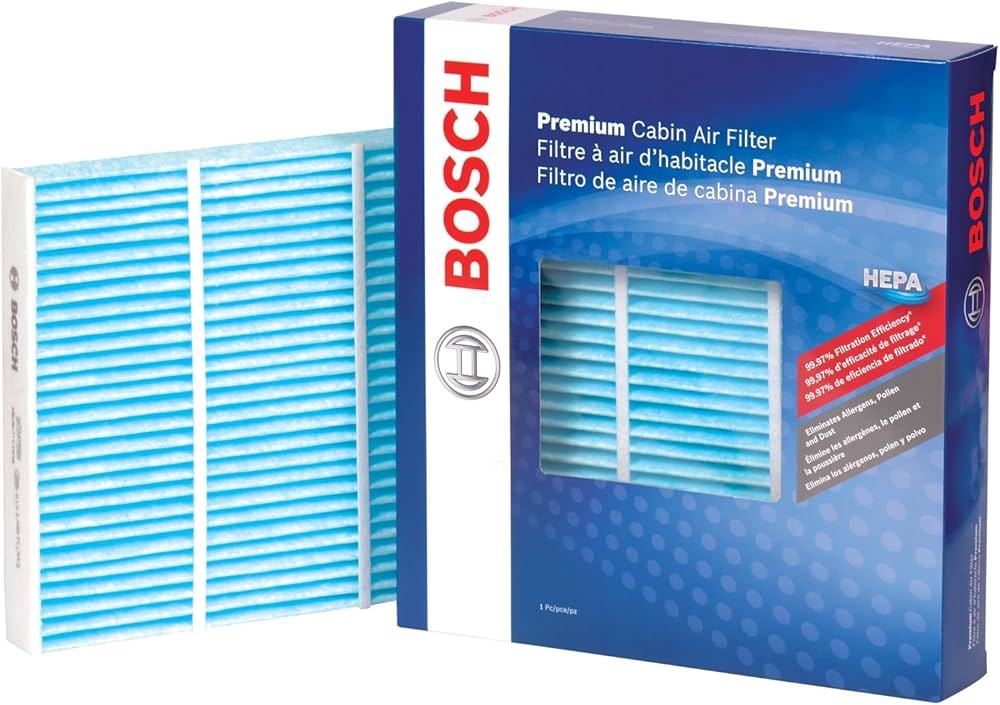
3. EPAuto: A Reliable Mid-Tier Choice
EPAuto filters offer reliability, affordability, and decent availability, especially for older vehicles. They compare well with other budget-friendly brands like Fram and ACDelco. Although EPAuto doesn’t stand out in terms of performance, it provides satisfactory filtration and airflow for most users.
These filters are especially suitable for drivers looking for a “good enough” solution that gets the job done. With a lifespan of around 12,000 miles, EPAuto filters lean toward the lower end of durability. They are also easily available online, and their straightforward installation makes them accessible for DIY vehicle maintenance.
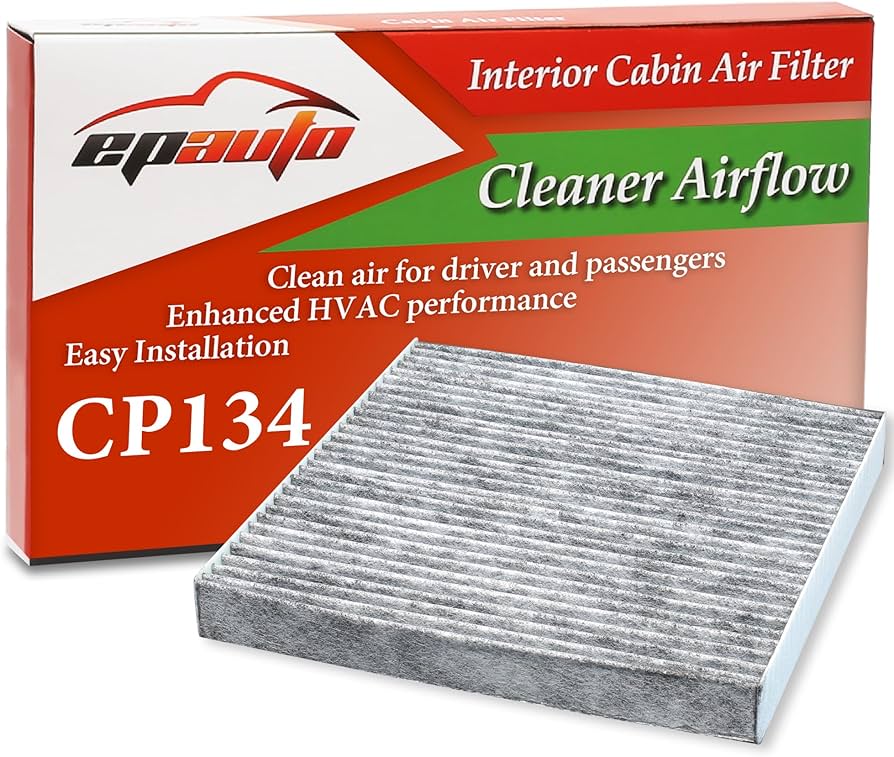
4. Ecogard: A Budget-Friendly All-Rounder
Ecogard stands out as a value-oriented brand, offering a wide selection of air filters for under $10. It supports over 500 SKUs, accommodating flat, rigid, and round filter designs.
Although it doesn’t excel in any specific performance category, it delivers a balanced combination of airflow and filtration that suits the average driver. Ecogard filters are widely praised for their reliability and simplicity.
The brand also provides a compatibility tool on its website, though Amazon’s part-matching tool often proves more effective. Ecogard is a safe, dependable choice for those looking to stick to a budget.
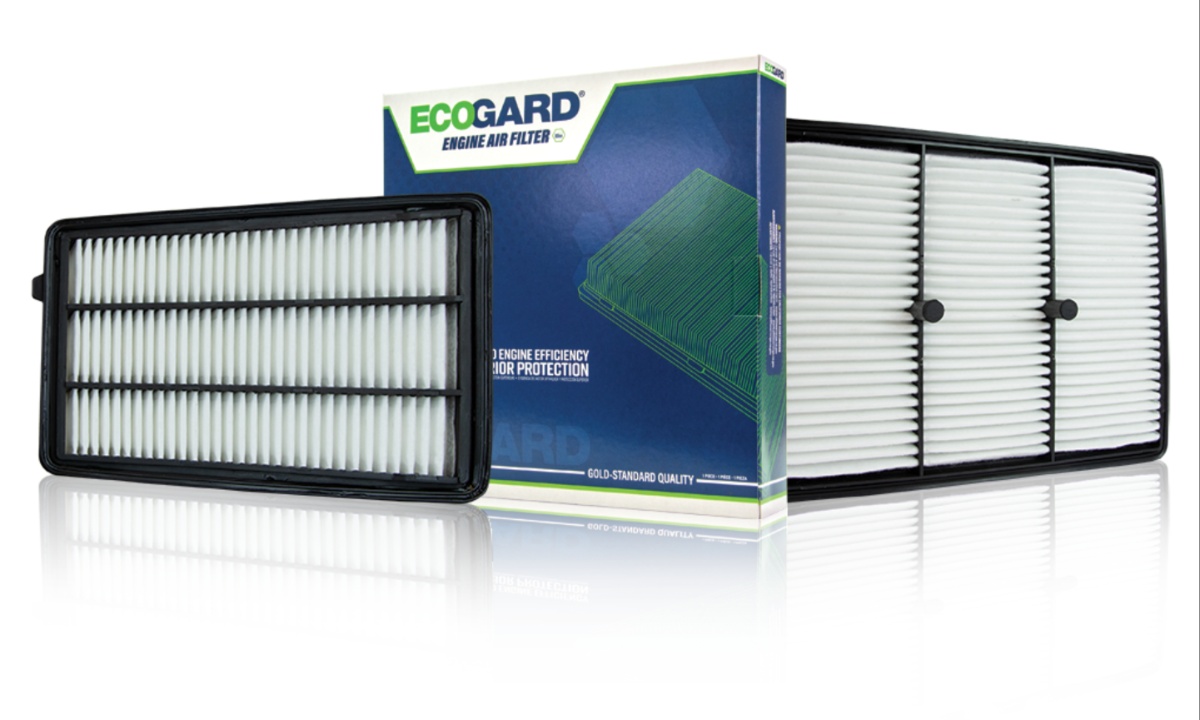
5. Purolator: Trusted Brand with Solid Performance
Purolator is a reputable name in the filter industry, offering engine, cabin, and oil filters. Its PurolatorONE line is specifically designed for vehicles and delivers solid overall performance.
These filters strike a good balance between allowing sufficient airflow and effectively blocking particulates. Though they don’t top any one category, they consistently perform well in tests alongside competitors like ACDelco and WIX.
Purolator filters are widely available both online and in brick-and-mortar stores. For most daily drivers, PurolatorONE offers reliable quality and broad vehicle compatibility, making it a solid go-to option for engine air filters.
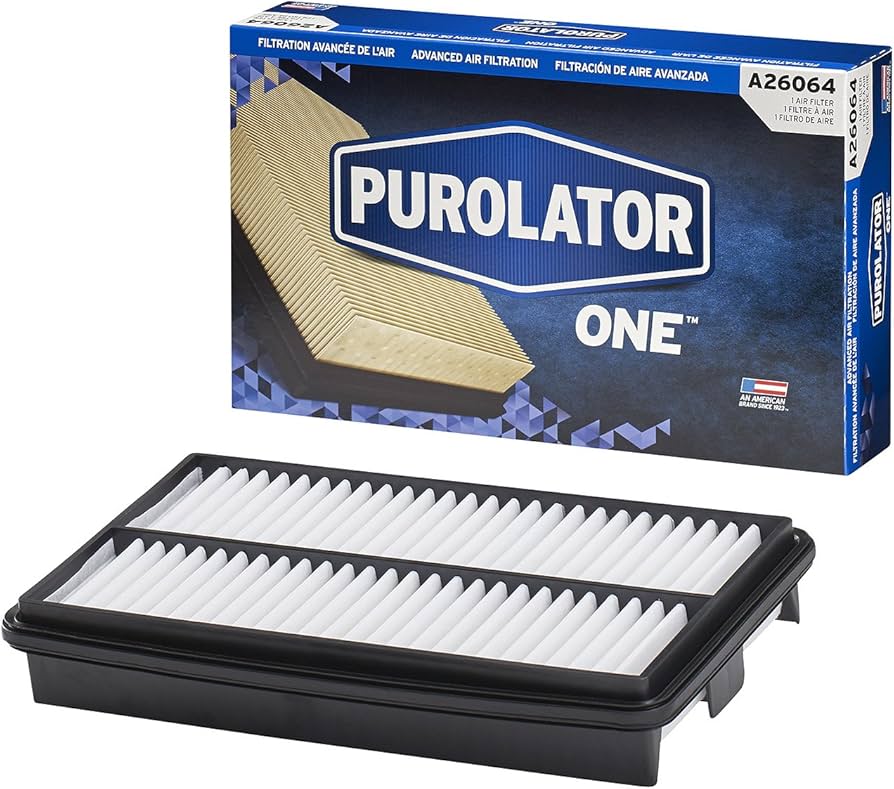
Also Read: 10 Best Practices to Keep Your Engine Running Like New in High-Performance Motorsport Vehicles
6. ACDelco: OEM Quality with Strong Filtration
ACDelco, a General Motors subsidiary, produces OEM-quality engine air filters used in many GM vehicles. These filters prioritize filtration efficiency, making them ideal for drivers focused on engine protection.
While slightly restrictive compared to performance filters, the trade-off in airflow is minimal for regular use. ACDelco filters generally last the recommended 12,000 miles and are well-regarded for their build quality.
Though support for non-GM vehicles is limited, the filters are available on major platforms like Amazon, Walmart, and AutoZone. ACDelco is a dependable option, particularly for GM car owners who value OEM compatibility.
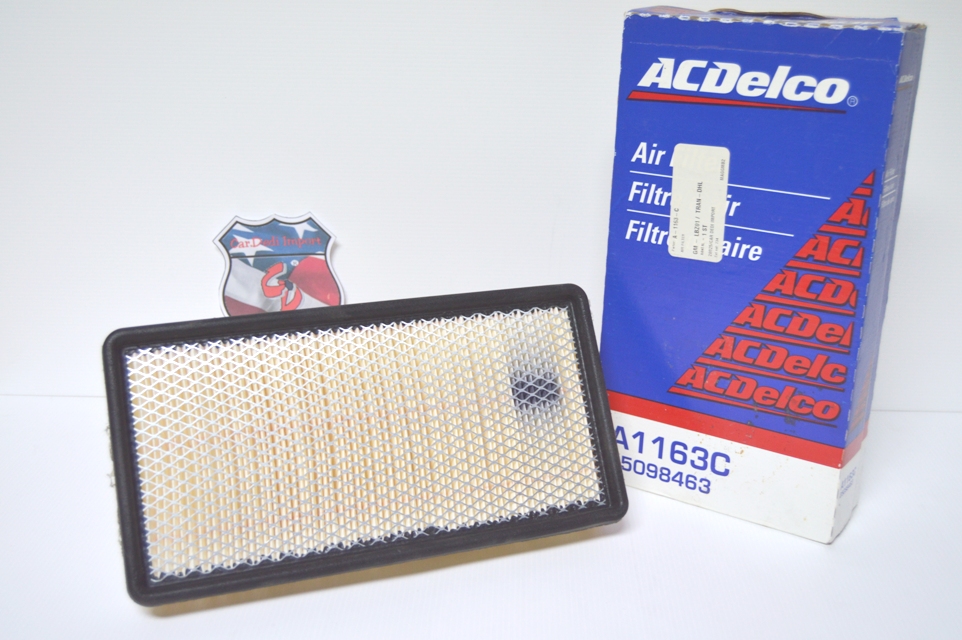
7. Fram: Widely Known and Accessible
Fram is one of the most recognizable names in the filter market, with nearly a century of history. Its filters prioritize airflow, sometimes at the cost of reduced particle filtration. For most daily drivers, the slight trade-off is negligible.
Fram filters are commonly used as OEM replacements, and their availability is unmatched—they’re found at Walmart, auto parts stores, and online retailers.
Though slightly more expensive than some budget options, Fram’s widespread availability and broad compatibility make it a convenient choice. STP serves as a comparable alternative in this widely accessible and moderately priced category.
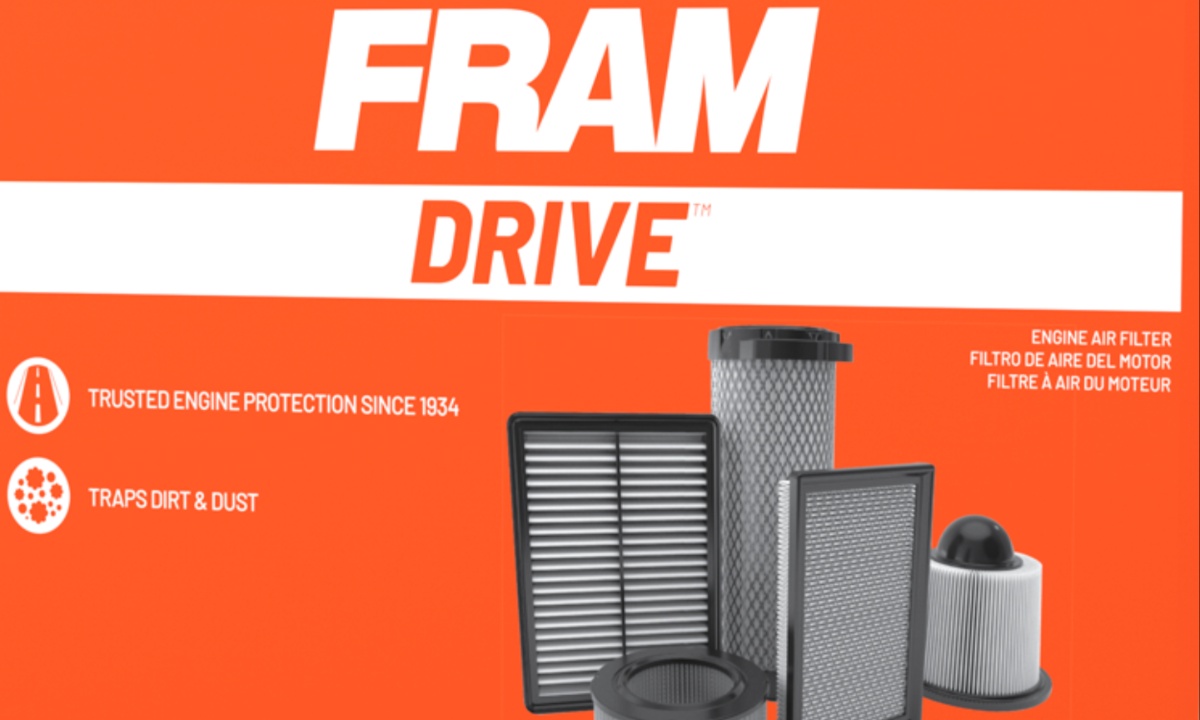
8. K&N: Performance-Focused and Reusable
K&N specializes in high-performance, oiled air filters designed to let in more air than standard paper filters. These washable and reusable filters can last for years with proper maintenance, which involves periodic cleaning and re-oiling.
Although they significantly improve airflow and enhance performance, they rank lower in filtration efficiency. This trade-off makes them more suitable for performance vehicles rather than daily commuters.
K&N filters cost more upfront but offer long-term savings due to their reusable nature. They’re ideal for drivers seeking extra horsepower and who don’t mind the added maintenance of cleaning and re-oiling the filter.
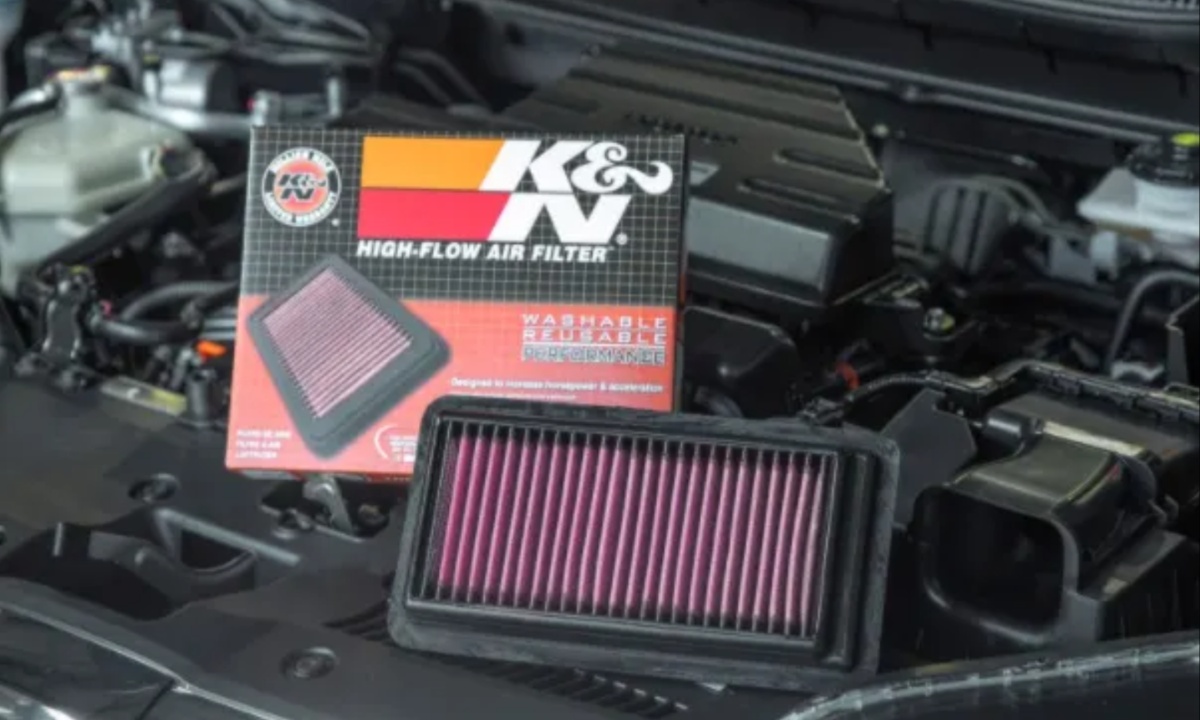
9. AEM: Long-Lasting and High-Quality
AEM offers dry, washable, and reusable filters aimed at performance enthusiasts. Unlike K&N, these filters don’t require oiling and boast a lifespan of up to 50,000 highway miles before cleaning is needed.
AEM filters are praised for their construction quality and excellent filtration efficiency, ranging between 98.4% and 99.4%. They also maintain good airflow, making them a strong choice for drivers who want both protection and performance.
Although expensive upfront, their durability and reusability offset the cost. AEM and K&N are close competitors in the performance segment, and the best choice often comes down to user preference.
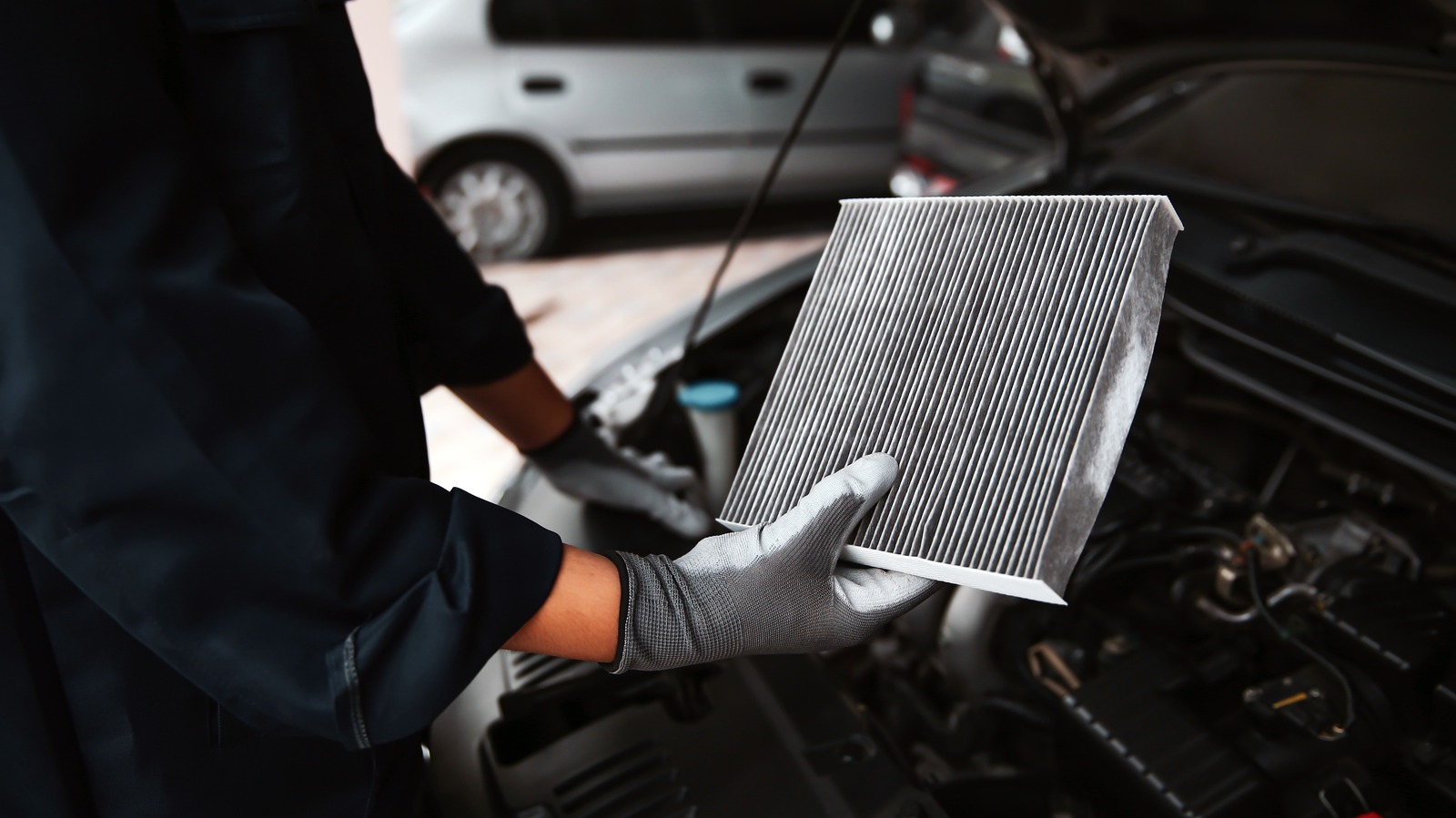
10. OEM: Reliable Fitment and Engineered Precision
OEM (Original Equipment Manufacturer) air filters, like those from Toyota, are specifically engineered for exact vehicle models, offering a high level of fitment precision and performance.
These filters allow optimal airflow while filtering particulates effectively, maintaining the engine’s air-fuel balance. While not particularly better than high-quality third-party options, OEM filters provide peace of mind with guaranteed compatibility.
Often cheaper when purchased from parts suppliers rather than dealerships, they can become costly with dealer markups and installation. Interestingly, many OEM filters are produced by major aftermarket brands, making them comparable in performance to alternatives like Fram or ACDelco.
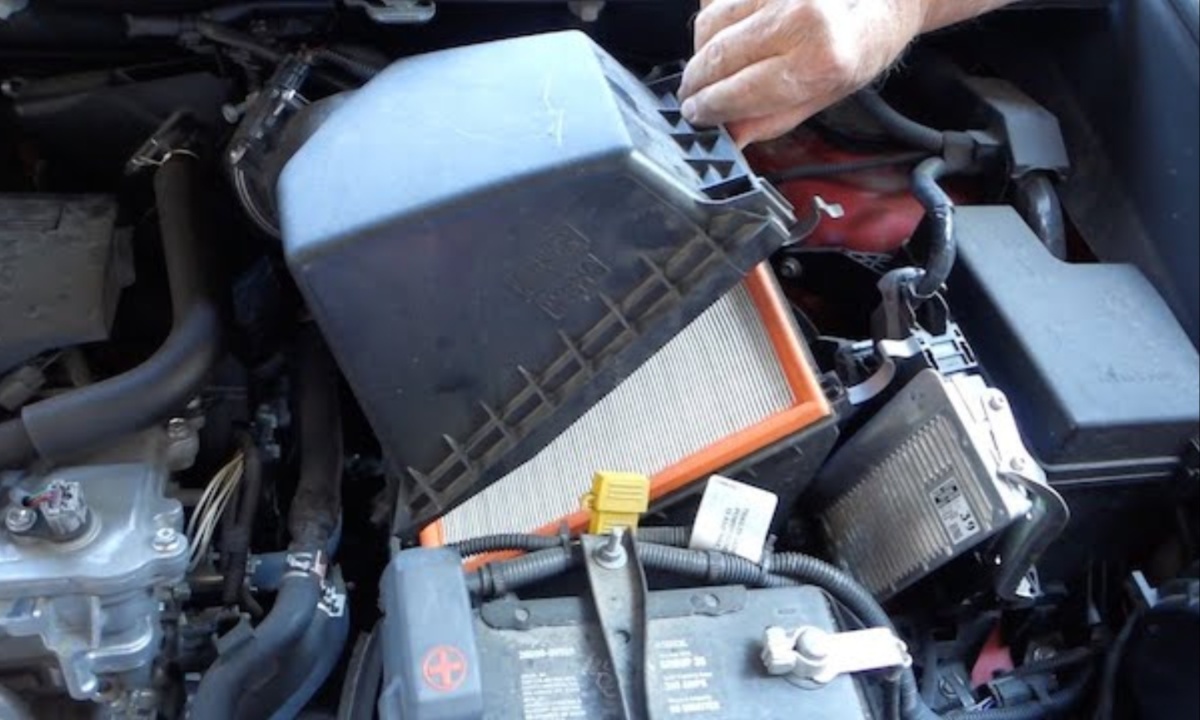
Selecting the right engine air filter involves balancing cost, filtration, airflow, and ease of access. Budget brands like EPAuto, Ecogard, and Bosch provide basic performance at affordable prices.
Purolator, ACDelco, and WIX offer higher reliability with broad vehicle support. For performance vehicles, reusable filters from K&N and AEM deliver airflow boosts, albeit with maintenance trade-offs.
Meanwhile, OEM filters remain a trusted fallback for those wanting hassle-free compatibility. Understanding your driving habits and vehicle needs will help you choose the ideal filter. Whether you prioritize longevity, price, or performance, there’s a filter on the market that suits your goals.
Also Read: 10 Cars From the 1990s That Highlight the Struggles of a Changing Auto Industry

